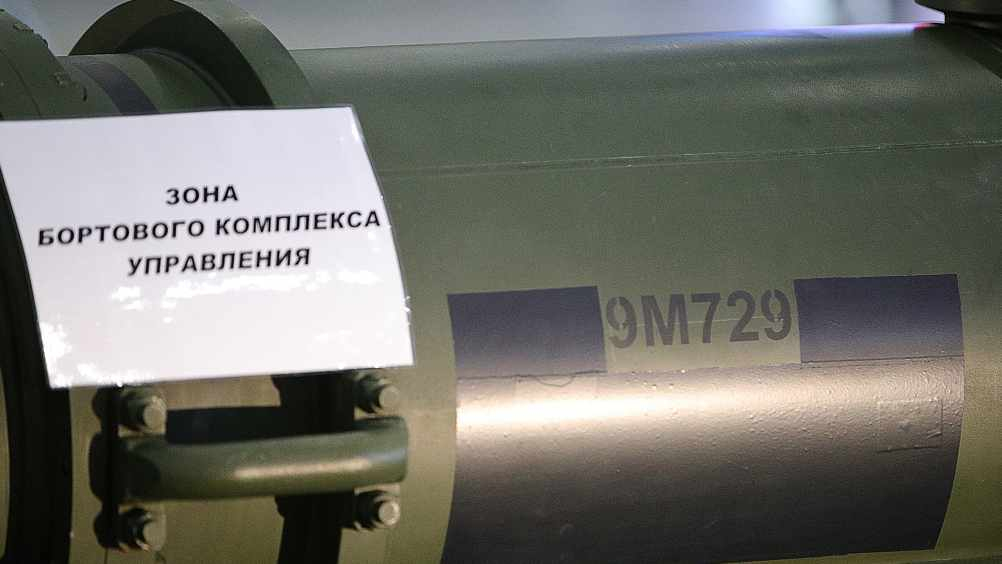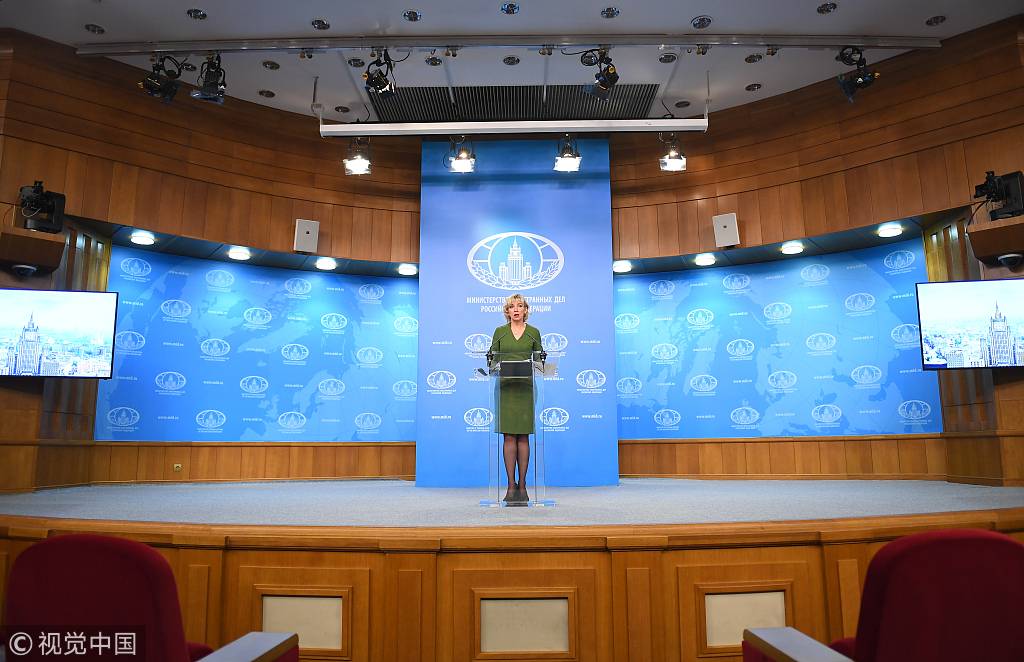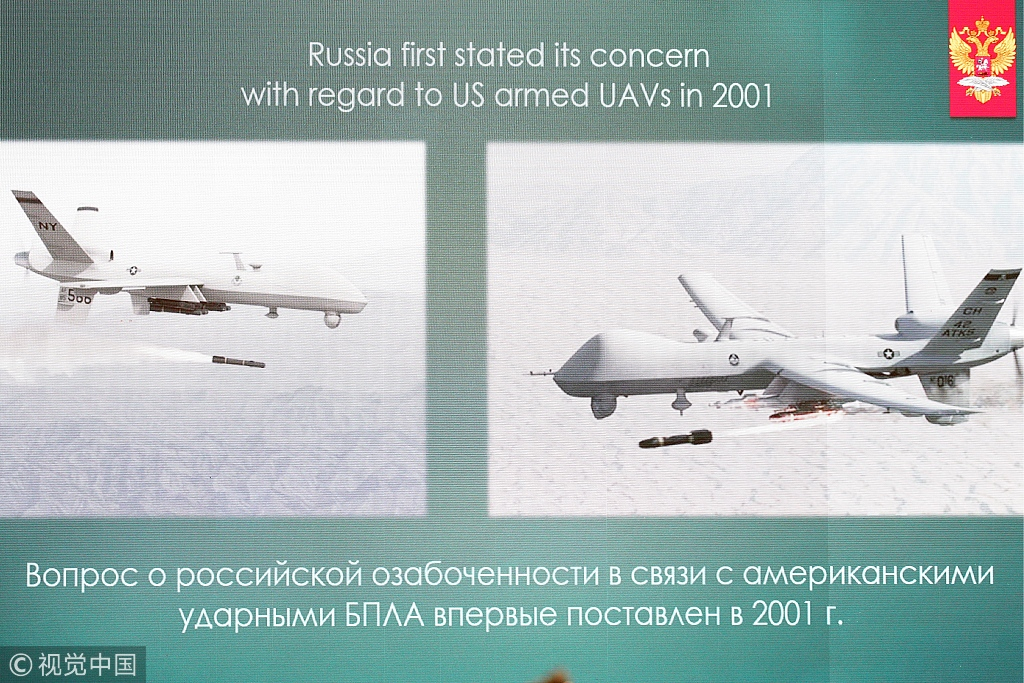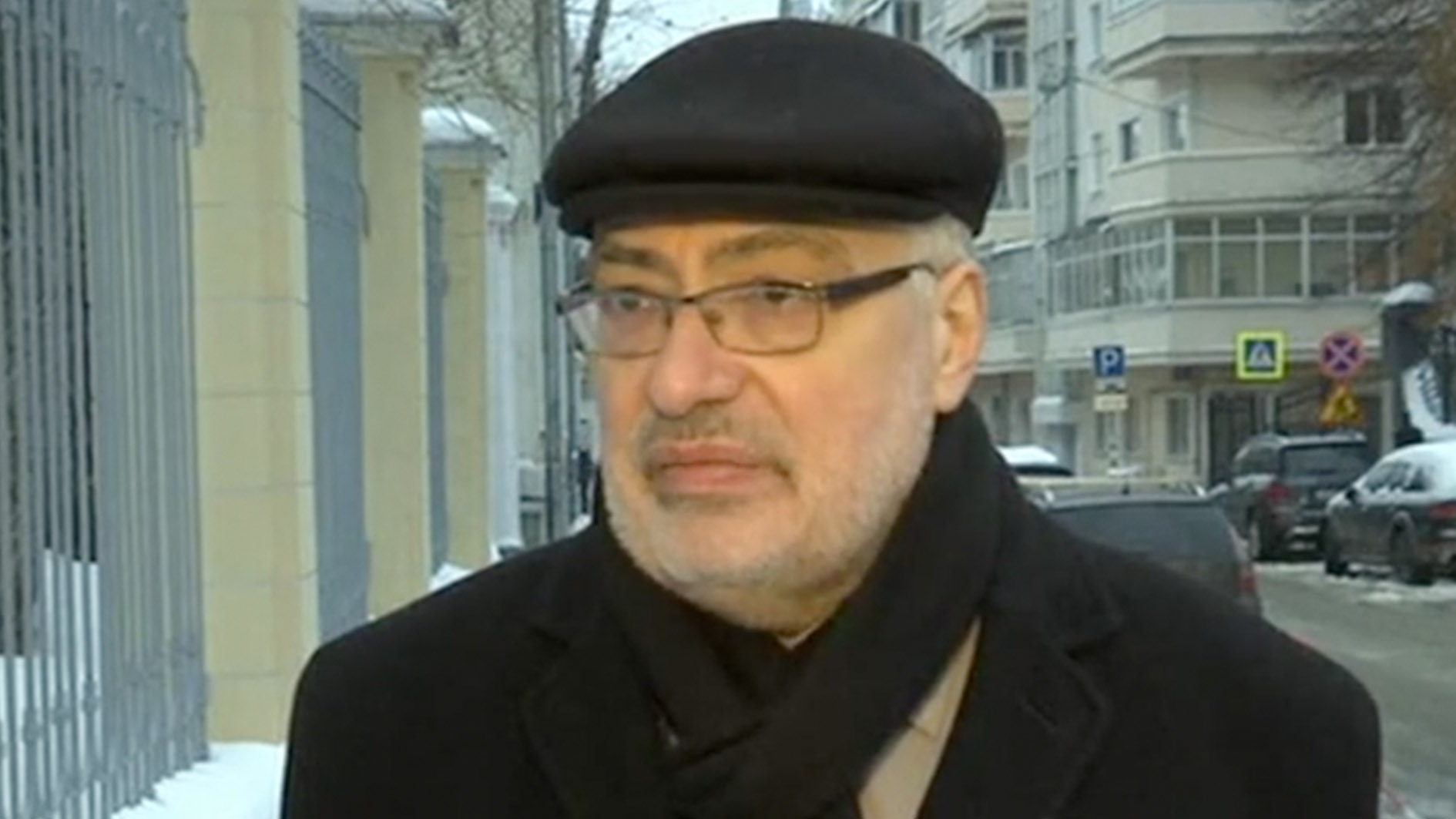
World
12:59, 02-Feb-2019
Four scenarios in coming six months after INF crisis
CGTN

The U.S. on Friday announced that it is withdrawing from the 1987 Intermediate-Range Nuclear Forces (INF) Treaty with Russia from February 2.
This comes as yet another multilateral accord unilaterally dumped by the United States.
But the withdrawal is a six-month-long process and the destiny of the 30-year-old treaty does not seem to be reaching an easy end.
Scenario 1: INF withdrawal process fails
There are doubts about whether it is legal to abrogate the INF Treaty with several questions being raised whether the withdrawal process could run smoothly and effectively as planned.
According to the rules, the INF Treaty does not have an expiration date and the concerning countries can withdraw once they feel that the content of the treaty poses a threat to their national interests.
But many experts say Trump's decision may not come into effect without a Congressional approval since the INF Treaty is not the same as the Paris Climate Agreement or the Iran Nuclear Deal which are technically not treaties, but accords.
Scenario 2: INF revival by renegotiation
U.S. Secretary of State Mike Pompeo said: "The U.S. will stop the pullout process if Russia returns to compliance with the agreement." But Russia responded with an ambiguous answer.
"The Russian Federation unwaveringly, consistently and unconditionally fulfills its obligations in the field of arms control, disarmament and non-proliferation," said a statement issued by the Russian foreign ministry soon after the U.S. announced its decision to suspend the INF Treaty.

Maria Zakharova, spokesperson for the Russian foreign ministry, speaks to the media during a weekly briefing in Moscow, Russia, January 31, 2019. /VCG Photo
Maria Zakharova, spokesperson for the Russian foreign ministry, speaks to the media during a weekly briefing in Moscow, Russia, January 31, 2019. /VCG Photo
Russian state news agency RIA reported on Friday that Russia is willing to maintain a dialogue over the treaty citing remarks from the foreign ministry spokesperson Maria Zakharova. However, Zakharova denied any such comments and stressed that what she said was "reserves the right to respond" instead of "willing to talk."
Perhaps the endeavor of the international world may help to turn the tide a little. NATO Secretary-General Jens Stoltenberg said that the NATO will continue to work with Russia to get it to respect the INF Treaty. Germany and France also made similar calls to renegotiate the accord and not scrap it.
Scenario 3: A new 'INF' edition
Trump said on Friday he wants to hold talks aimed at creating a new arms control treaty, after his administration announced the withdrawal order.
"I hope that we're able to get everybody in a big and beautiful room and do a new treaty that would be much better. Certainly, I would like to see that," Trump told reporters at the White House.
Reuters reported that the U.S. may consider extending a "New Start" arms control treaty, which went into effect in 2011 and required both nations to cut deployed strategic nuclear warheads to no more than 1,550, the lowest level in decades.

An image shows the United States' armed UAVs at a briefing for military attaches and international media by the Russian Defense Ministry at the Patriot Congress and Exhibition Centre in Kubinka, Moscow Region, on the 9M729 missile system, January 23, 2019. /VCG Photo
An image shows the United States' armed UAVs at a briefing for military attaches and international media by the Russian Defense Ministry at the Patriot Congress and Exhibition Centre in Kubinka, Moscow Region, on the 9M729 missile system, January 23, 2019. /VCG Photo
That treaty, which also limits deployed land and submarine-based missiles and nuclear-capable bombers, expires in February 2021 and can be extended by five years if both sides agree.
Scenario 4: Arms race triggered
The biggest fear about the termination of the INF Treaty is whether it will trigger an arms race.
"So for some years to come there won't be a real arms race, because the U.S. has nothing to deploy, I mean no missiles that fall under the treaty and are deployed on land," Pavel Felgenhauer, a Russian military analyst, told CGTN.
00:40

Felgenhauer added that Russia can deploy, but most likely will not just yet since it does not want to get the Europeans too angry.
Analysts believe that an arms race will not begin immediately after the treaty is legally declared null and void.
(Cover: The 9M729 missile demonstrated after a briefing for military attaches and international media by the Russian Defense Ministry at the Patriot Congress and Exhibition Center in Kubinka, Moscow Region, on the 9M729 missile system, January 23, 2019. /VCG Photo)

SITEMAP
Copyright © 2018 CGTN. Beijing ICP prepared NO.16065310-3
Copyright © 2018 CGTN. Beijing ICP prepared NO.16065310-3